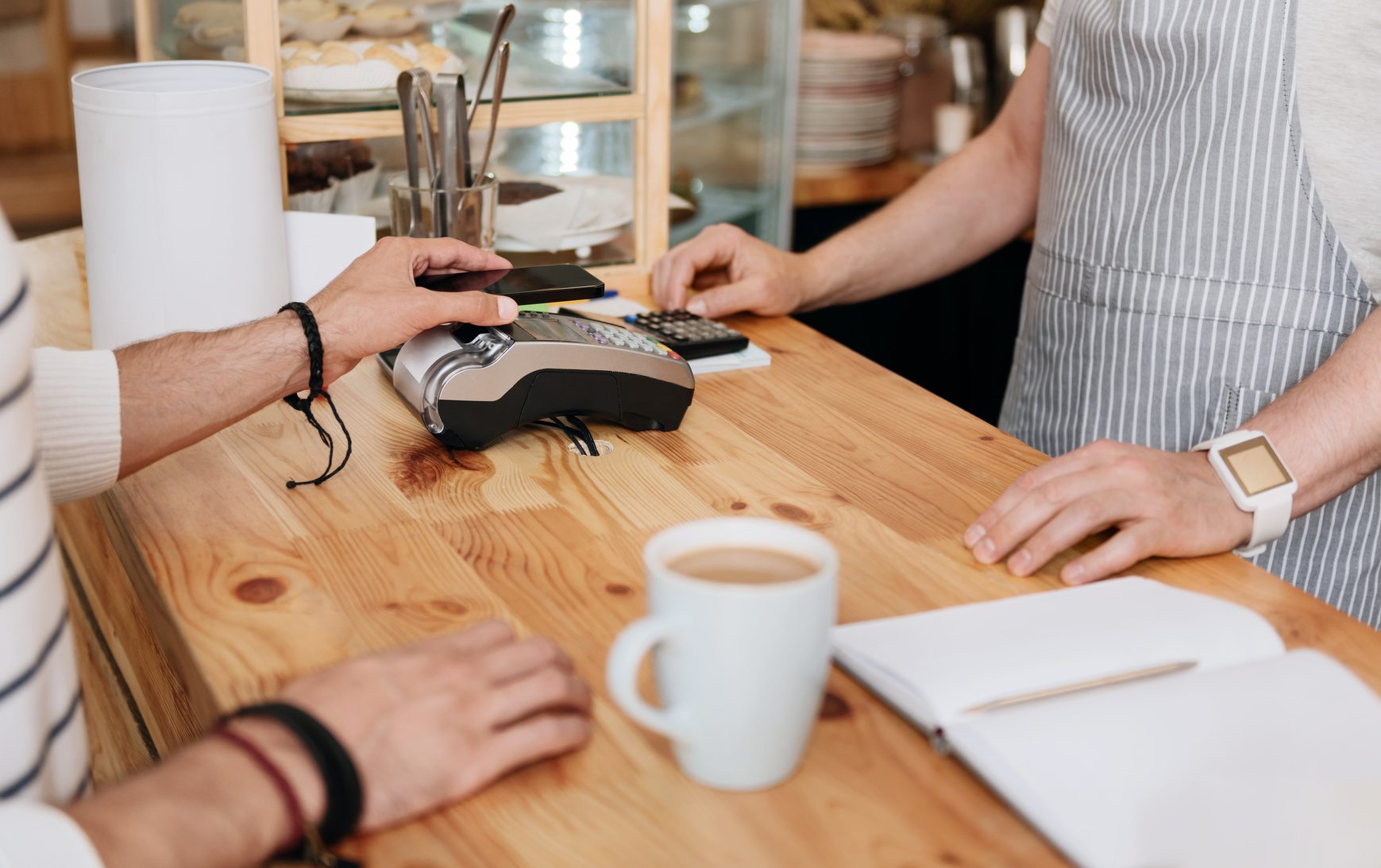Cash—you can leave home without it—at least at this one Starbucks coffee shop in Seattle. As the following Seattle Times article explains, Starbucks is testing a no-cash policy and accepts plastic or mobile payments only.
Starbucks is experimenting with refusing cash at a posh location in downtown Seattle. Since Tuesday, your money is no good at the cafe inside the Russell Investments Center unless it’s in the form of plastic.
There is no sign announcing the policy, but a barista on Wednesday declined to take a $20 bill in payment for a short latte and a piece of lemon cake, explaining that the store is not accepting cash.
A Starbucks spokeswoman said the store at Second Avenue and University is the only one to test accepting “only cashless forms of payment.” The company isn’t saying how long the experiment will last or whether it will be expanded to other locations.
“The test will help us understand how cashless forms of payment may impact our customer experience,” the spokeswoman said by email.
Starbucks says its mobile payment and ordering app is a fast-growing success — to the point that last year it blamed slow sales growth at stores on crowding by people who had ordered from their phones.
The second-floor Russell Center cafe, dominated by armchairs, couches and at least one chaise longue, is reached from the lobby of the 42-story building, which is the corporate home of the online real-estate company Zillow as well as Russell, an international financial firm.
The Los Angeles-based vegetarian chain Sweetgrass, with 75 locations in California and the Northeast, is reportedly the largest restaurant company to go cashless. Co-CEO Jonathan Neman told an industry conference in September that the decision has worked out well and has not dented its bottom line, reported the tech publication Recode.
The cashless movement among retailers is a recent, but slow growing trend. This is really a non-event for the vast majority of customers who use plastic or a contactless payment method via smartphone. The real impact goes to the retailer as they discover cost savings and staff productivity gains by not having to make change as well as counting and depositing lots of small bills and coins. Will cashless become more prevalent? Not really—as most customers still want to have a choice of payment and merchants will abide.
Overview by Raymond Pucci, Associate Director, Research Advisory Service at Mercator Advisory Group











